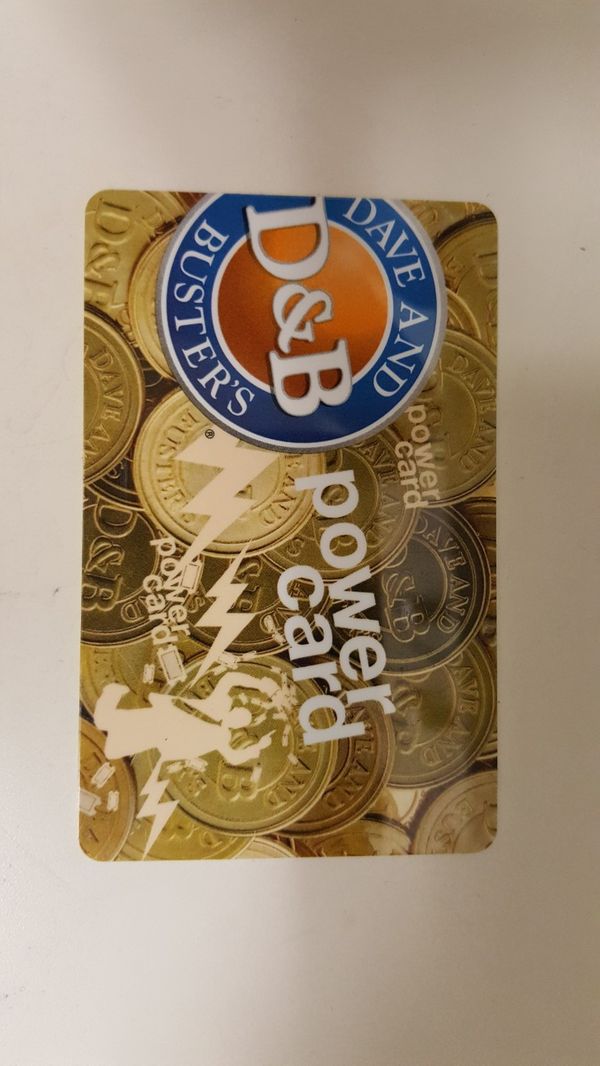

Photo by Jamie Lee Curtis Taeteįor a time, Lucas said, the cycle would go as follows: advantage players would find a game to master and farm for infinite jackpots, management would catch wind and adjust the settings or download a software patch to nullify the exploit, forcing the players to rotate to other games while the jackpot gradually built back up past the threshold that allows it to be won again. But they also knew that we were doing it by the book and not doing anything to cheat.”Īdvantage player Justin Wei winning the jackpot on the 'Pop the Lock' game at a Dave and Buster's in Los Angeles. “They tolerated what we did to a fair degree,” Lucas told me in a phone call.

Michael Lucas, an advantage player in Pittsburgh, said that less than a decade ago, $100-per-hour profits weren’t uncommon, and players, arcade management, and game manufacturers all operated with respect for one another, unspoken gentlemen’s agreements keeping the peace. But despite the internet’s aid in connecting APs worldwide and revealing the tricks of their trade to new generations of players, their numbers are dwindling.
DAVE AND BUSTERS POWER CARD HACK MANUALS
At home, APs study PDFs of game manuals downloaded from manufacturer sites, discuss strategies on their subreddit, track fluctuations in prize ticket value, and post YouTube videos showcasing their talents. Though baseline speed and reflexes are pre-requisites for success, it's primarily repetition and a nerdy devotion to the scene that breeds top-tier APs who are able to quickly discern whether a game's jackpot is ripe and able to be won or if it needs more time to "refill" through casual play. They're just incredibly good at these games and much of their skill is learned, rather than innate. They aren't scamming or stealing their way to big wins. For the elites in this scene, advantage playing straddles the line between obsessive hobby and part-time job.


 0 kommentar(er)
0 kommentar(er)
